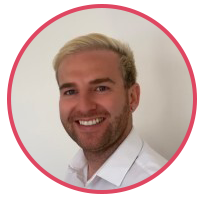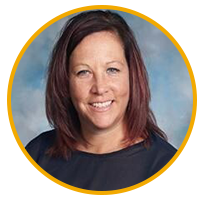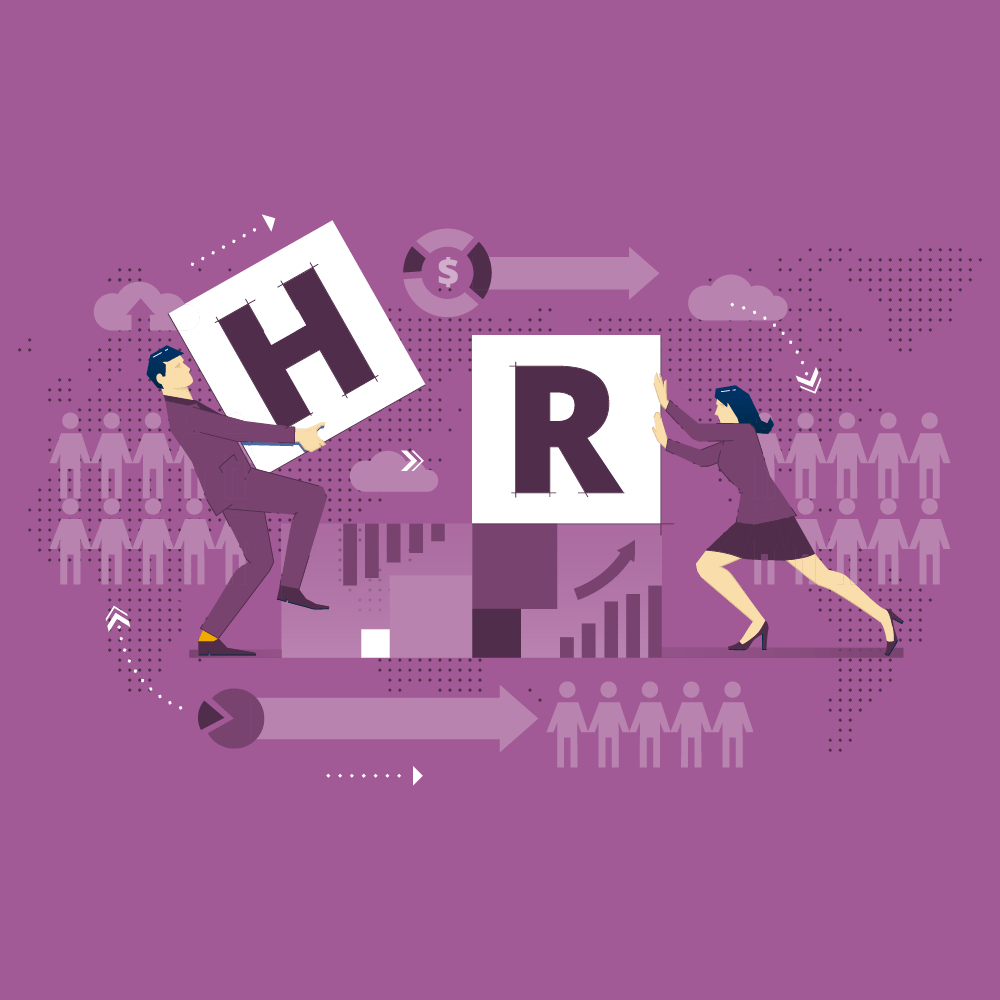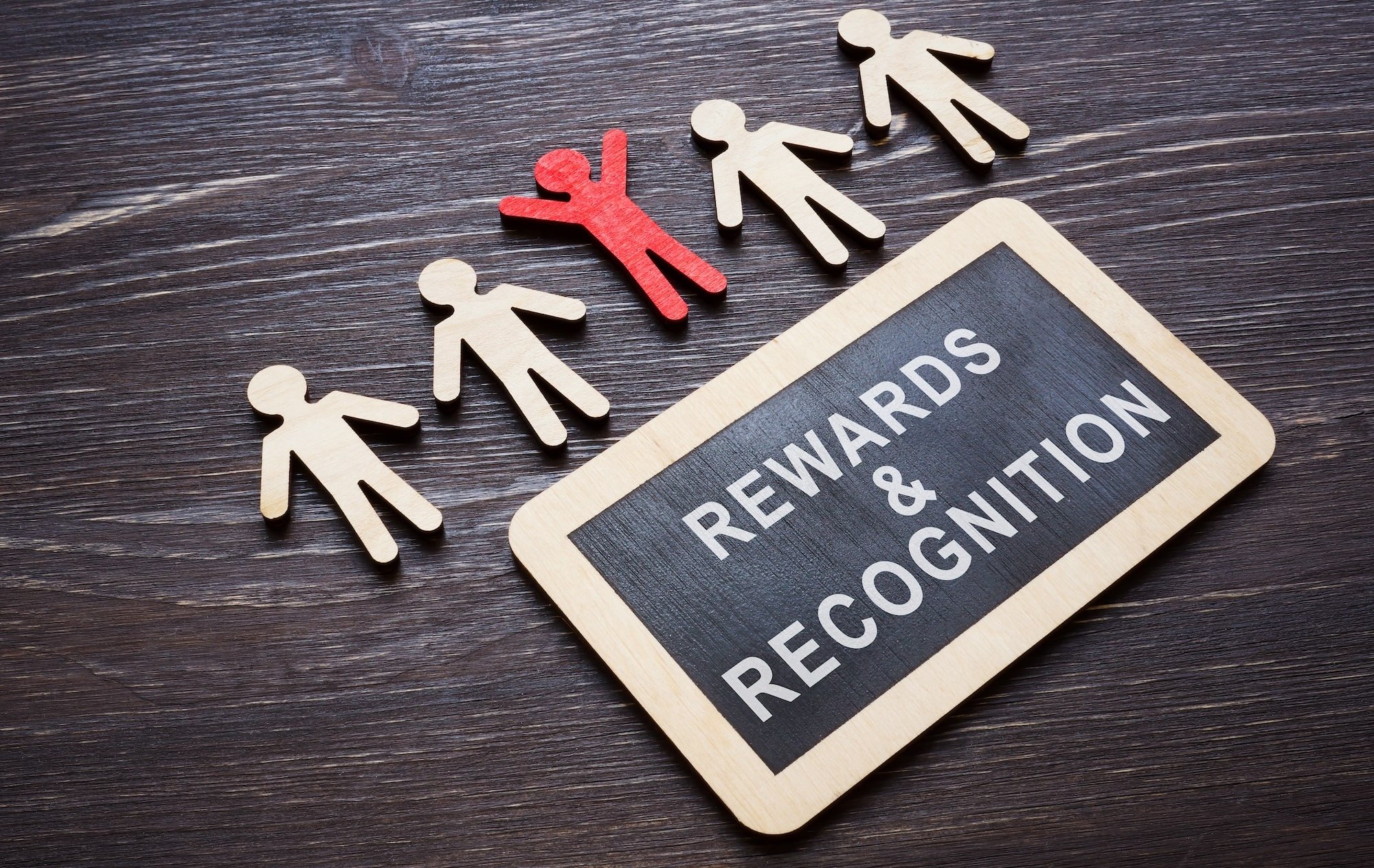Part 3: Shaping the new vision for HR
5 min read
Welcome back to our last blog in our series: Shaping the new vision for HR. In parts one and two, we explored how the role of HR may change in a post-pandemic world, and insight into what HR's top priorities for the workplace will be. In our last post, we'll dive into some lessons learned from our thought leaders:

.png?width=200&name=Jamie%20Getgood%20(1).png)
Jamie Getgood, CEO and Co-founder of The People Shift, points to two core lessons:
- The value of knowing your people. When you know them, their personality, their lifestyle, it suddenly becomes easier to communicate, offer support and keep them motivated in a completely different environment (e.g. virtually at home).
- Now that everyone has been working virtually it has become clear that we need to understand 'Virtual body language.’
In this new virtual world, it can be easy to misunderstand something as negative when we can't perceive the tone or verbal clarity. If you sent an email with ‘nice job,’ it could come across as biting and sarcastic even when it’s meant genuinely. The absence of tone can mean people obsess over punctuation. ‘Did they mean to not capitalise? Are they angry? Where are the emojis?’ and so on.
.png?width=200&name=Debra_corey%20(1).png) Debra Corey, Advisor to Reward Gateway, Bestselling Author and Chief Pay it Forward Officer at DebCo HR Ltd, says:
Debra Corey, Advisor to Reward Gateway, Bestselling Author and Chief Pay it Forward Officer at DebCo HR Ltd, says:
Companies have really pushed the boundaries when it comes to trying new and often wacky ways to engage and connect a dispersed workforce. From online games to exercise, cooking and meditation classes to magic shows, companies have shown that it’s OK to have fun together, and it’s paid off by engaging their workforce during challenging times. My hope is that we all keep this attitude and approach in mind when designing engagement programs for the future.
I heard someone make a comment that on Zoom we are ‘all the same,’ same size boxes and equal chance to be heard.
I hope that this has broken down some of the barriers and attitudes that exist around differences based on job levels, gender, race, beliefs, etc., and that we all see and treat each other in the same respectful and equal manner.
 Sam Dewey, Engagement and Wellbeing Manager at Macmillan Cancer Support, says:
Sam Dewey, Engagement and Wellbeing Manager at Macmillan Cancer Support, says:
I have two takeaways from the pandemic that I have already tried to put into action.
The first being ‘Move with pace.’ I have seen projects and initiatives move from ideas to rollouts quicker than anyone could have believed was possible before COVID-19.
It shows that if we know it’s the right thing to do for our customers and colleagues, we should make it happen and streamline as much of the implementation process as possible.
The second which nicely follows is ‘Being willing to launch ideas even if we don’t have all the answers.’ I think every project or new idea naturally evolves over time, so we should be more willing to accept that the plan will change. Sometimes the months we waste planning for eventualities that might happen, when a project finally launches the majority of the time something else pops up that wasn’t planned for.
 Phil Burgess, Chief People Officer at C Space, says:
Phil Burgess, Chief People Officer at C Space, says:
Part of our Employee Value Proposition is to make business more human. It’s important that we live this externally and internally. A big part of being human is embracing the messiness and being very open about the fact that we're not perfect and we still have a lot to work on.
COVID-19 has taught me to challenge assumptions – about yourself, your business and your people.
Be kinder and more forgiving, assume positive intent and trust people. I’m looking forward to finding new ways to connect and celebrate our people as we continue navigating this uncharted territory.
 Sheri Treu, Director of Organisational Development at ORBIS, says:
Sheri Treu, Director of Organisational Development at ORBIS, says:
What I think we've learned though the COVID-19 pandemic is that we can't communicate enough, and more importantly how we choose to communicate is an important factor to improving our culture.
Finding a centralised system that actually connects well with your people is part of building a sustainable future because people want to feel included.
Ask yourself how you can become more agile as an organisation by improving HR technologies to help your people and take ownership of HR initiatives in a virtual world.
John Frith, Chief People Officer at Checkatrade, offered three lessons:

- The importance of sharing ideas with our companies and learning from what others are doing. A commitment I’m making this year is to attend webinars and events to share ideas with my peers.
- Test and Learn. In a lot of cases there isn’t a clear action so it’s best to make small changes, and see if they work. We have run a number of pilots and when they have worked we have rolled out further. If they haven’t worked, we have looked at why and made changes accordingly. We still need to get better at removing things completely, but we’re getting there!
- The importance of spending time with your team. I thought I was spending enough time with my team when we were in the office but I have increased this during WFH and I believe I still need to do more of it.
 Robert Hicks, Group HR Director at Reward Gateway, offered his parting words to deliver a variety of lessons that will carry through:
Robert Hicks, Group HR Director at Reward Gateway, offered his parting words to deliver a variety of lessons that will carry through:
Less is more. Be bold. Be brave. Recognise the good. Look to the quiet employees and ask what they are doing, which means maybe thinking about how you do that. Seek feedback. Ask how you can help. Be consistent. Recognise many. Communicate often. Give thanks.
And always keep learning.
While there are many unknowns on this journey, one thing remains true: We are responsible for building more resilient organisations, taking care of our people and making the world a better place to work, one day at a time. We'd love to hear from you on LinkedIn, how are you preparing for the future of HR?
 Chloe Thompson
Chloe Thompson



